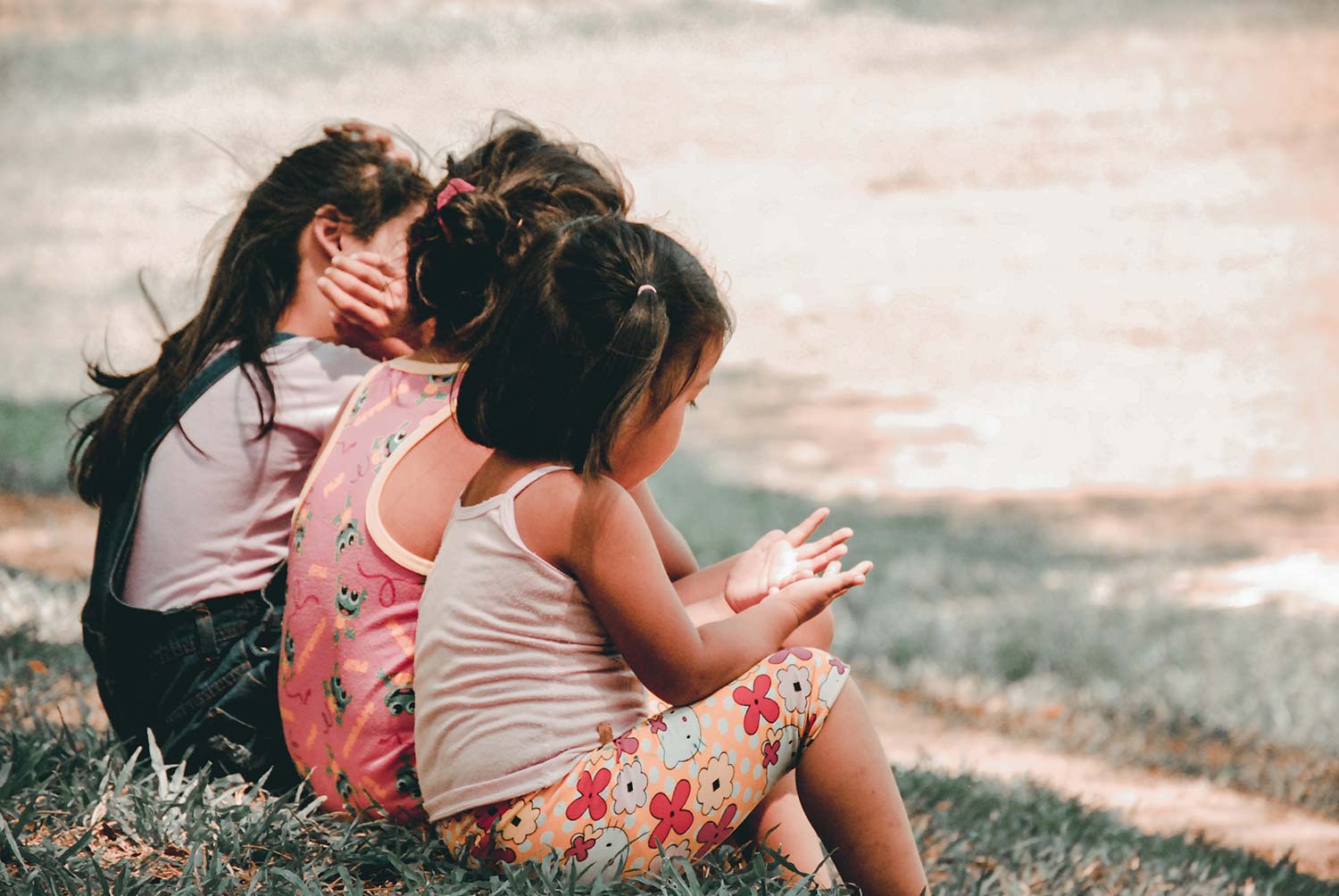Childhood Depression: What Parents Need to Know

Have you ever worried that your child was sad or depressed? If your child is persistently sad or hopeless and it is affecting their life, they may suffer from childhood depression, a serious mental health condition that needs medical assessment and treatment.
While children like adults have emotional fluctuations and days that they feel down and upset, if those feelings and behaviors last for weeks, it may be a sign of depression. Childhood depression simply put is persistent sadness, where the child feels alone, hopeless, helpless, and worthless. This disrupts and interferes with the child's daily activities, schoolwork, social activities and peer relationships, and affects the life of each family member.
While there is no single cause for childhood depression, a combination of various factors such as family members who have been depressed, serious health conditions, alcohol or drug use, family problems and stressful life events such as loss, trauma and hardships contribute to child depression.
How can I tell if my child is depressed?
Depression isn’t an adult-only illness and children do develop depression. Some children may go undiagnosed and untreated because parents and caregivers may struggle to recognize the signs of the disorder. The following factors can be a guide to recognize that your child may be depressed:
- Your child may be in a sad or bad mood for a long period of time and cry more easily or have more tantrums than usual;
- They may be self-critical and complain a lot that they cannot do anything right, a simple task is difficult for them and they cannot do the same;
- As depression can drain a child’s energy, they may put less effort into day to day tasks and each task may feel like a lot of effort which tires them out, leading to them giving up easily.
- They may not feel like doing acts that used to bring them joy and may not enjoy playing with friends;
- Some children may not feel like eating, while others overeat. Some may not sleep well, while others sleep all the time;
- Some may feel sick through stomach pains usually, while others would feel sick although they are not actually unwell;
- Feeling hopeless, worthless, guilt, anger, irritation is common among children with depression;
- Finally, social isolation, increased problematic behaviour, multiple symptoms of depression, speaking of suicide, substance use and interest in weapons are all warning signs of suicide when a child is depressed.
What should I do if I think my child is depressed?
Childhood depression is a serious mental health issue, but it is effectively treatable. with kindness, medications and/or psychotherapy. If you think your child is depressed:
- Speak to your child and listen, comfort, offer your support and show love;
- Be patient and kind while guiding them to better behaviour;
- Instead of feeling bad, let them see that you are proud of them;
- Enjoy your time together by doing things your child enjoys to encourage positive moods;
- See your child’s doctor or a child therapist for a treatment plan.
What is the therapy for child depression?
If a child is diagnosed with depression, the first line of treatment is often psychotherapy. This type of therapy can address the emotional and life factors that increase a child’s risk for depression, such as environment and stressful events. Cognitive behaviour therapy is commonly used to treat depression as it involves talking through emotions and experiences, analyzing areas for changes, and finding proactive ways to make those changes, through stories, play, lessons, art therapy or workbooks.
Every child is different, some may outgrow depression or anxiety and others may need to manage these conditions for the rest of their lives. By making sure your child gets the right diagnosis and treatment at the right time, you can assist your child to lead a better life.
.png)



